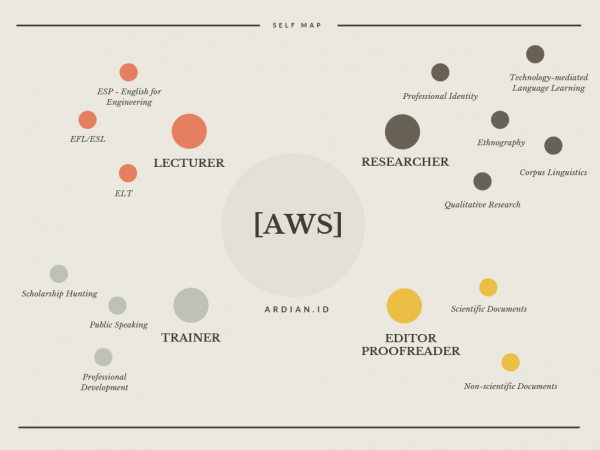Starting from scratch is the scariest part of writing. A blank page is the gauntlet where motivation dies. But writer’s block is more a choice than a terminal condition. In most cases, it’s simply a function of overthinking rather than doing.
Have you ever:
- Struggled to turn an idea into a thoughtful piece of content?
- Wrestled with word choice or sentence structure, adding ample pain and hours to the writing process?
- Found that your finished piece lacked flow or cohesion?
Then get ready to conquer the blank page and produce work you’ll be proud to share. A framework called the Flowers Paradigm, envisioned by English professor Dr. Betty Flowers, combines the skills and personas of a madman, architect, carpenter, and judge to guide your writing process.
1. Embrace the Madman
This phase of the process is for brainstorming and ideation about your topic. During this time, put whatever comes into your head onto the page, no judging allowed. Nothing is absurd or off limits.
As the ideas flow, resist the urge to discard, organize, or polish them. No wordsmithing either. This is tough, but there will be plenty of time for refinement later. For now, you—the madman—are a genius on a tear. You wouldn’t want to rob the world of your Eureka!moment.
The madman frequently visits when you aren’t even thinking about writing. If you get an idea while you’re in line at Trader Joe’s, in the middle of a conference call, or on a hike, capture it to explore later. If you don’t have pen and paper on hand, text the idea to yourself.
The madman will also try to interrupt all writing stages that follow. When he does, let him, unless you’re in the final phase (because you’ve got to stop the insanity somewhere).
2. Become the Architect
Now it’s time to examine the madman’s work. Many ideas will crumble on close inspection, but your time spent brainstorming was not wasted. You needed the madman’s passion, confidence, and energy to unearth your best ideas.
As the architect, you must sift through the chaos, choose the right ideas, and form the vision for your piece. And if there’s any research needed to refine your topic, do it now.
Then ask yourself, what’s my goal in one sentence? How do I want the reader to feel after they read my piece? Draft an outline that provides the carpenter with a blueprint.
3. Build as the Carpenter
Following the architect’s blueprint, raise the building by formulating your paragraphs and give yourself permission to write a rough draft. Don’t spend too much time wordsmithing here because it will prevent you from completing this phase; you’ll instead spiral into a cycle of nitpicking the paragraphs that came easily while avoiding work on the difficult sections.
About those rough spots, if you feel blocked when working on any part of the draft then go back to the last phase to spend more time refining the idea. Being stuck just means you haven’t done enough research, compiled your evidence, or thought through your argument to write authoritatively on the topic.
As you’re constructing paragraphs, review your arguments to ensure they make sense. Also, consider the tone of the piece and ensure it’s appropriate for the audience. Get your piece into reasonable shape so the judge can go to work.
4. Discern as the Judge
As the judge, your job is to take the carpenter’s draft and turn it into a polished piece. Go forth and wordsmith, guilt free.
As the writer, you’re so close to what you’ve written, that some of these questions will be hard for you to answer, especially the one about flow. Send what you’ve written to a friend for feedback. They will catch issues or identify gaps you’ve missed.
Many writers compose using different techniques; some plan and some edit on the fly, especially for a short composition. Do whatever works best for you, but know that the Flowers Paradigm can help anyone looking to improve the creativity, quality, and speed of their writing.
More about the Flowers Paradigm – DOWNLOAD HERE
Presentation File – DOWNLOAD HERE
Source: https://goo.gl/MoxJ7r


